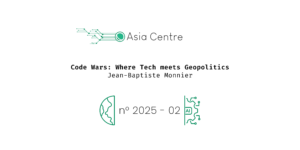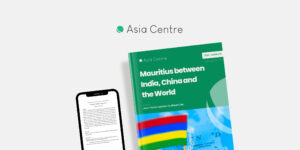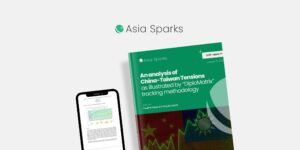Wesley Issey Romain is a Sparker in the making at Asia Centre. This program aims to coach young specialists of Asia and allow them to post analysis for Asia Centre.
As a first-time contributor to Asia Centre, Wesley is bringing his expertise in Southeast Asian politics. His debut paper, “Marcos-Duterte: The Epilogue of a Dynastic Alliance,” provides a comprehensive analysis of the recent political developments in the Philippines. This piece examines the significant implications of Vice President Sara Duterte’s resignation from President Ferdinand “Bongbong” Marcos Jr.’s Cabinet on the nation’s political landscape.
Read his insightful paper by clicking the PDF button!
Abstract:
This paper examines the resignation of Philippine Vice President Sara Duterte from President Ferdinand “Bongbong” Marcos Jr.’s Cabinet and its potential implications on the country’s political and social landscape. Despite the historical context of Cabinet resignations in the Philippines, Duterte’s departure is noteworthy due to the intricate relationship between the Duterte and Marcos political dynasties. Key factors influencing her decision include disagreements over national security policies, divergent foreign policy stances, and concerns regarding former President Rodrigo Duterte’s legacy.
The paper also explores the potential ramifications of this political rift on the upcoming 2025 mid-term elections and the 2028 presidential race, considering the broader impact on education, national security, and democratic processes in the Philippines.
The featured image has been made using artificial intelligence.




